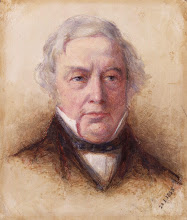"I would hold that Kropotkin's basic argument is correct. Struggle does occur in many modes, and some lead to cooperation among members of a species as the best path to advantage for individuals. If Kropotkin overemphasized mutual aid, most Darwinians in Western Europe exaggerated competition just as strongly. If Kropotkin drew . . . hope for social reform from his concept of nature, other Darwinians had erred just as firmly (and for motives that most of us would now decry) in justifying imperial conquest, racism, and oppression of industrial workers as the harsh outcome of natural selection in the competitive mode."
STEPHEN JAY GOULD
"In light of scientific investigation in the many fields upon which Mutual Aid draws since its publication, Kropotkin's data and the discussion he based them on stand up reasonable well . . . .Mutual Aid will never be any more out of date than the Declaration of Independence. New facts may increasingly become available, but we can already see that they will serve largely to support Kropotkin's conclusion that 'in the ethical progress of man, mutual support--not mutual struggle--has had the leading part'."
ASHLEY MONTAGU
"The earliest theorists of anarchism, such as William Godwin and Kropotkin, strikingly anticipate the findings of sociology in their estimate of human behaviour and the means of modifying conduct. . . . Kropotkin profoundly influenced biology by his theory of Mutual Aid, propounded as a counterblast to the social conclusions drawn from the Darwinian 'struggle for existence'. He was one the first systematic students of animal communities, and may be regarded as the founder of modern social ecology."
ALEX COMFORT

